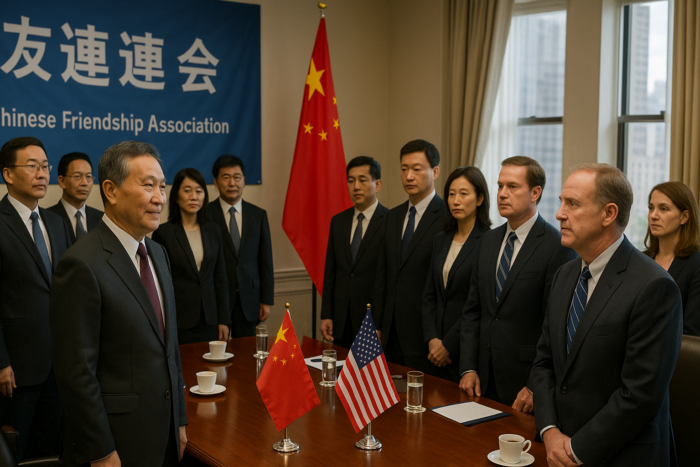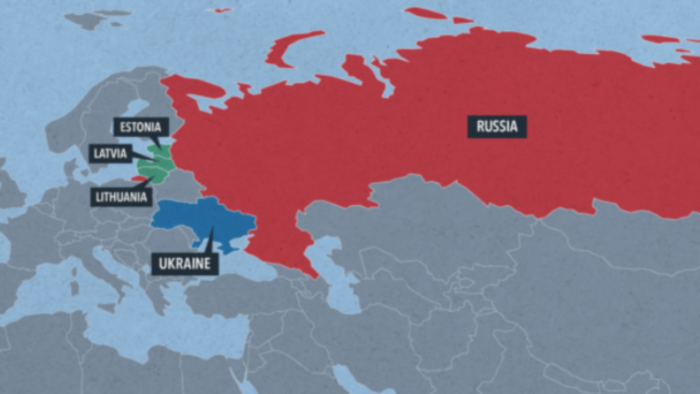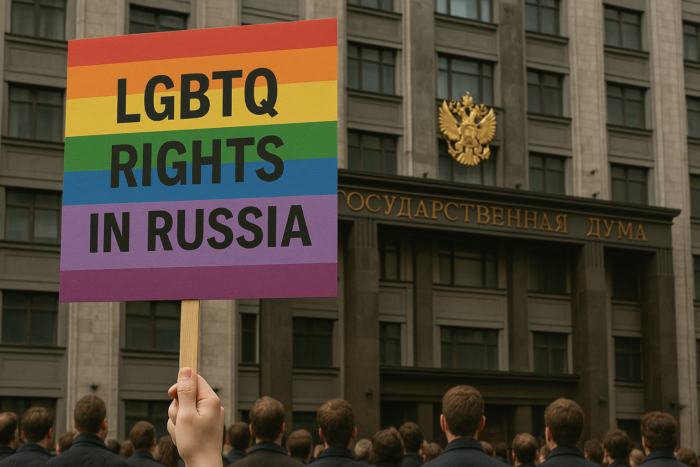On 3 April 2025, POLITICO Europe published an opinion piece examining how former President Trump’s return to power is creating dilemmas for his populist allies across Europe. The article begins:
U.S. President Donald Trump and his ideological allies in Europe are confident the future is on their side — that they can surf an historic wave carrying away all that came before and reshape the landscape. They hold that faith as steadfastly as Karl Marx held his about the inflexible “law of history” leading to a workers’ paradise. But should they? It’s easy to see why they think it is all inevitable: In the U.S., Trump pulled off a decisive electoral victory, winning the popular vote and brushing the Democrats aside in all swing states. Now MAGA is rampant; Trump and his best buddy Elon Musk are demolishing government agencies; and Congress has so far let them. The courts are holding for now, but for how much longer? Meanwhile, on this side of the Atlantic, right-wing populists and national conservatives made serious inroads in last summer’s European election…
Read more [paywall]
Key Points:
- European populist leaders face a dilemma: support Trump and risk domestic backlash, or criticize him and potentially face his wrath and harmful policies.
- Western European populists are distancing themselves from Trump’s actions toward Ukraine, with leaders in Denmark, Sweden and France condemning his treatment of Zelenskyy.
- Eastern European populists, particularly in Hungary, where Orbán openly supports both Trump and Putin, maintain stronger alignment with the Trump administration.
- The author suggests Trump’s disruptive approach could backfire as many Europeans turned to populism seeking stability rather than revolutionary change.
On 19 March, GIOR reported on an Atlantic analysis concluding that recent tensions between President Trump and mainstream European leaders reflect a deeper ideological conflict over Enlightenment values that is dividing both continents.
The Global National Conservative Alliance (GNCA) is an ideological coalition uniting right-wing and far-right movements worldwide under shared principles of national sovereignty, cultural identity, and opposition to global institutions. It represents a significant shift in U.S. conservatism, moving away from Reagan-era ideals of free markets and global leadership toward a more nationalist and protectionist agenda. The GNCA has gained prominence through events like the National Conservatism Conferences, which bring together European far-right leaders, American conservatives, and other global figures to advance a shared ideology and strengthen transnational ties. Many of Donald Trump’s appointees have attended these conferences, underscoring the alliance’s growing influence in U.S. politics.
For a list of worldwide GNCA political parties, go here.
For a GIOR analysis of GNCA positions, go here.
Disclaimer: The GIOR utilizes AI to generate summaries of news items, including the introduction and the key points that follow. Any text following the key points is context added by GIOR editors. Please verify all information before using. Images are also AI-generated and are for illustrative purposes only—they are meant to represent the events or individuals concerned but should not be understood as “real-world” photography.












